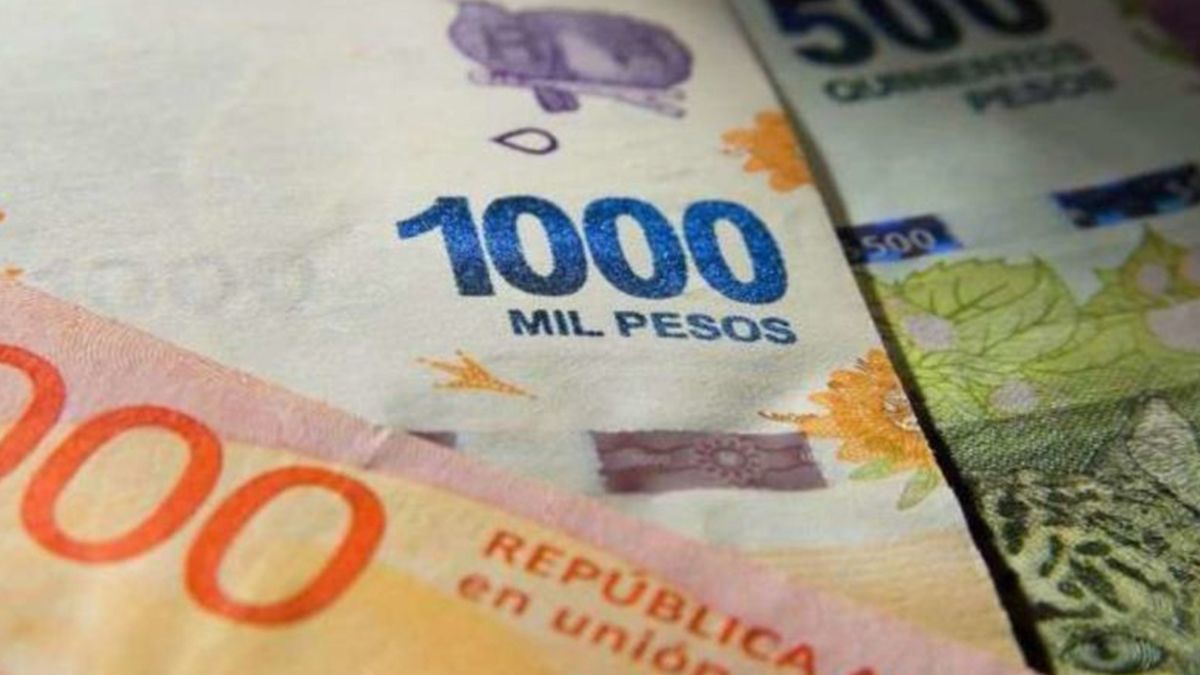This process would conclude “in the middle of the year that year, with short-term interest rates landing at 4%,” he considered and remarked that for this Wednesday at 3:00 p.m. there will be news from the Fed: “At that time a statement will be published with the minutes of the meeting of the Federal Reserve and the committee decides to raise rates, which until recently was 50 basis points but since yesterday 75 basis points are discounted”.
However, an hour before the key moment, “an aggressive response is expected,” the economist warned.
“The market is going through a process of deflating or opening prices of everything we have seen since the end of the pandemic. From April 2020 to December 2020, which was the best we have seen in the markets in recent times, was fueled by the actions of the Federal Reserve in terms of expansionary monetary policy,” he said.
Since the end of last year, “the opposite process, of monetary contraction, has begun to go too far”, for which “all markets suffer”.
Argentina is in this framework, where “investors come off when there is fear” like the current one.
“From then on, all Argentine assets entered a bearish process and a blanket of fear such as Argentine bonds that are falling between 12% and 13% in the best of cases up to 30% in the year measured in dollars” , specified about the local.
In that sense, he indicated: “Regarding the Argentine situation, the market was fed up with the debt in pesos due to the delay in the exchange rate. So, many were dollarizing their portfolio from last week to this week. in a more obvious way, but a slow process had also been noted a month ago of the exit of CER bond funds and obviously everything that had risen a lot in the face of a tremendous rise in inflation this year and an expectation of 72%, 73% for the whole year according to the REM”.
“All this also within the framework of a fiscal deficit that does not stop rising. The REM increases the estimate almost systematically every month for both 2022 and 2023, within a framework of honesty of public accounts signed with the IMF,” Neffa said.
“It seems that things are getting complicated and not only because of the international context, but because of the negative signals that the Government is sending in terms of truthfulness of public accounts, less monetary issuance, etc. 22 taxes have already been created and there is a lot of disagreement with the progress of the economy and the latest surveys validate this disagreement and the Government is going to pay dearly in the next elections,” he analyzed.
Source: Ambito
David William is a talented author who has made a name for himself in the world of writing. He is a professional author who writes on a wide range of topics, from general interest to opinion news. David is currently working as a writer at 24 hours worlds where he brings his unique perspective and in-depth research to his articles, making them both informative and engaging.




